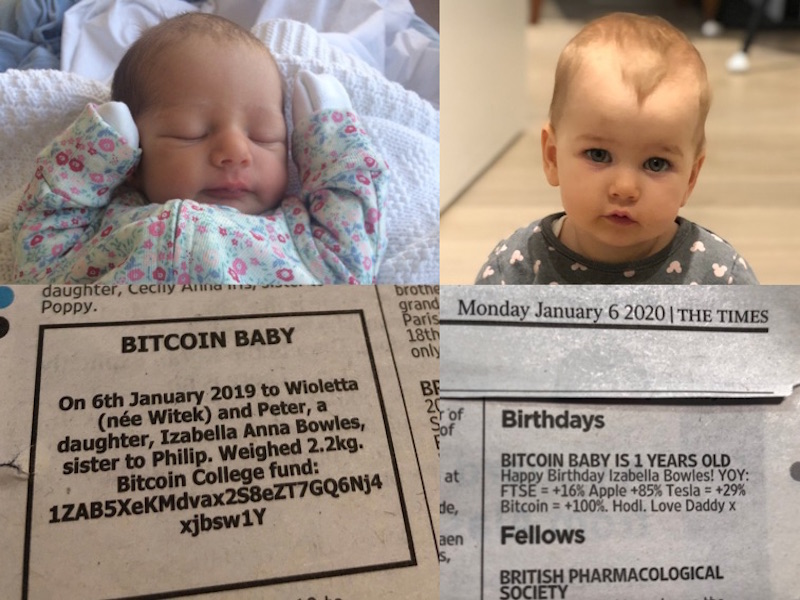Maja Pawinska Sims 14 Feb 2020 // 5:29PM GMT

LONDON — Clarity PR has been appointed by global cryptocurrency company Luno to handle ongoing PR and integrated communications for the UK market.
It’s one of the first big wins for the agency since it bought technology agency Dynamo in December last year.
Luno was started in South Africa in 2013 and is now headquartered in London, with more than three million customers around the world who use it to buy, sell and store cryptocurrencies such as Bitcoin and Ethereum.
The company has raised over $13m in funding since launch, including backing from global tech giant the Naspers Group, who led its Series A round in 2015, and Balderton Capital, who led the Series B round in 2017. In November 2019, Luno was ranked in the top 10 of CryptoCompare’s Exchange Benchmark.
Luno’s head of global PR and communications, Roopa Ramaiya, said the agency had won the brief after her team had spotted Clarity chief creative officer Peter Bowles’ Bitcoin Baby idea, in which he placed an advert in the Times announcing the birth of his daughter last January, including a public cryptocurrency key for donations to her college fund.
Ramaiya said: “Clarity has been on our radar for a while, given their experience in fintech and with disruptive new technologies. Our team spotted their Bitcoin Baby campaign which showed a unique use case of how cryptocurrencies could shape our children’s futures. In the next 12 months, we want to tell the true stories of those who’ve had a ‘penny drop’ moment when it comes to Bitcoin and we feel the team at Clarity will unlock that for us.”
The initial campaign, Pennydrop, features real-life case studies of people using Bitcoin in life-changing ways.
Clarity’s London MD, Rachel Gilley, said: “Our vision has always been to work with companies that are truly innovative, but also that make a positive contribution. Luno embodies this in every way with a mission to make cryptocurrencies as simple, straightforward and accessible as possible for people on a global scale. As soon as we met their team, a group of super-smart individuals, we knew we wanted to work with them.”


































.jpg)

















